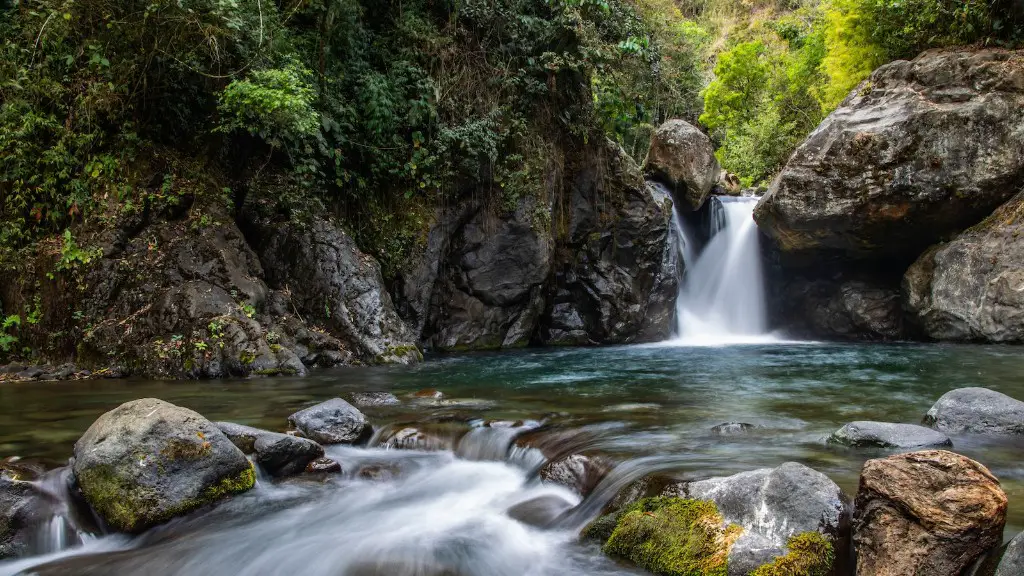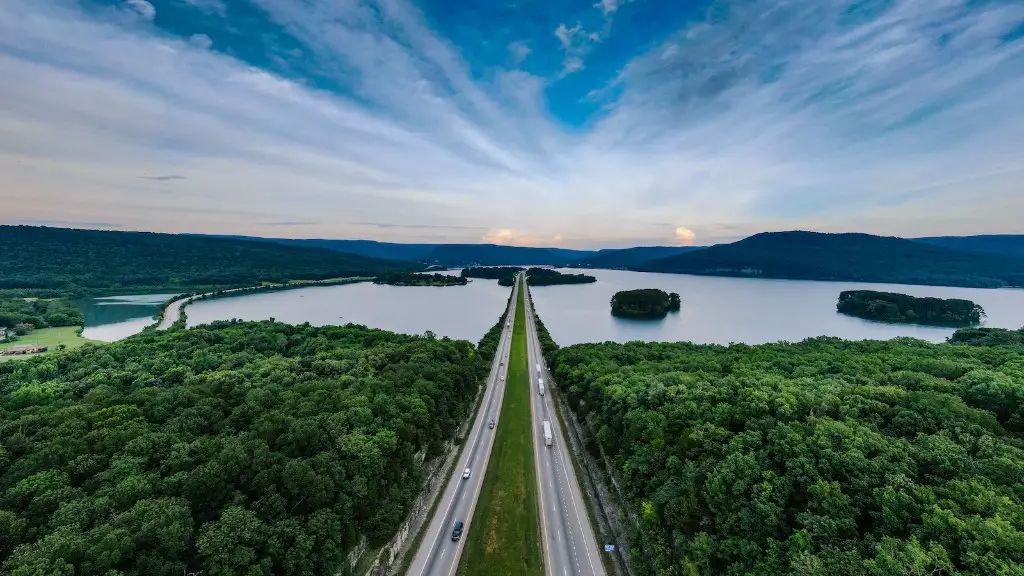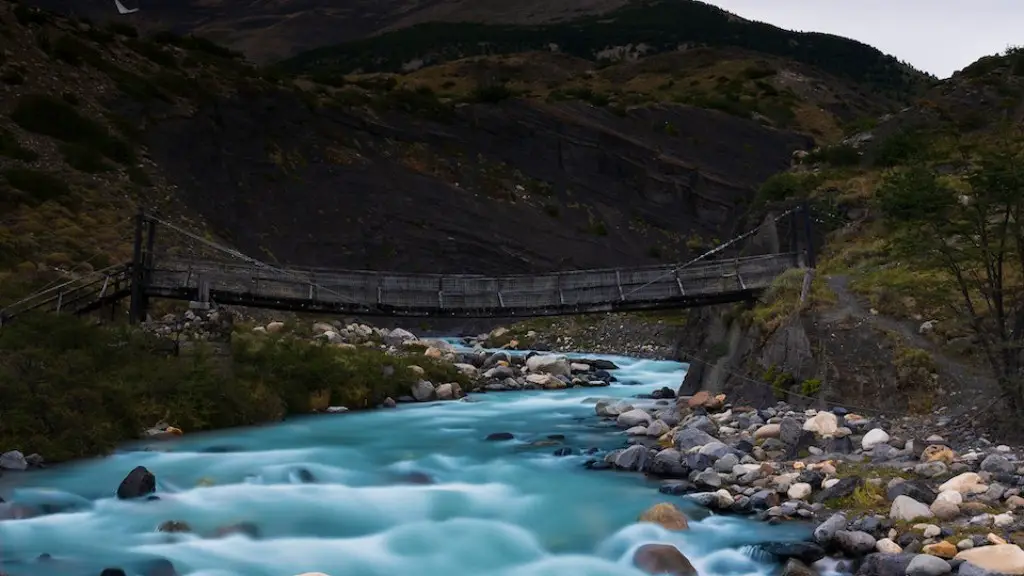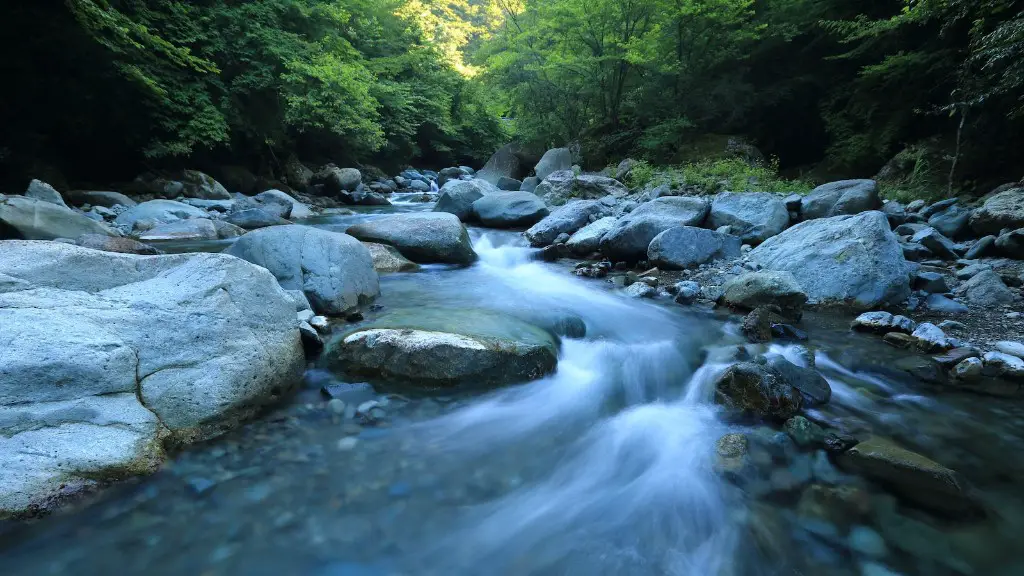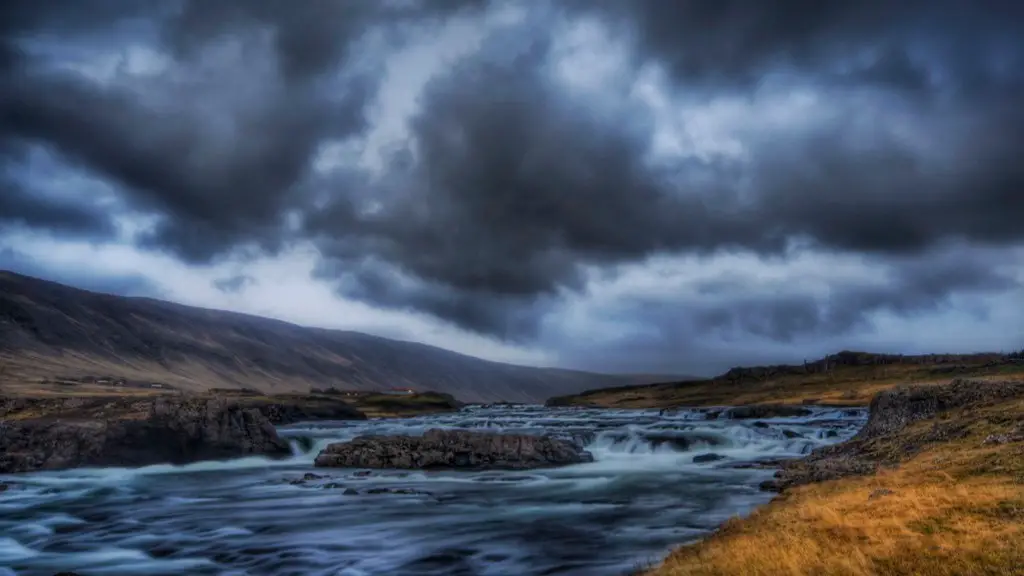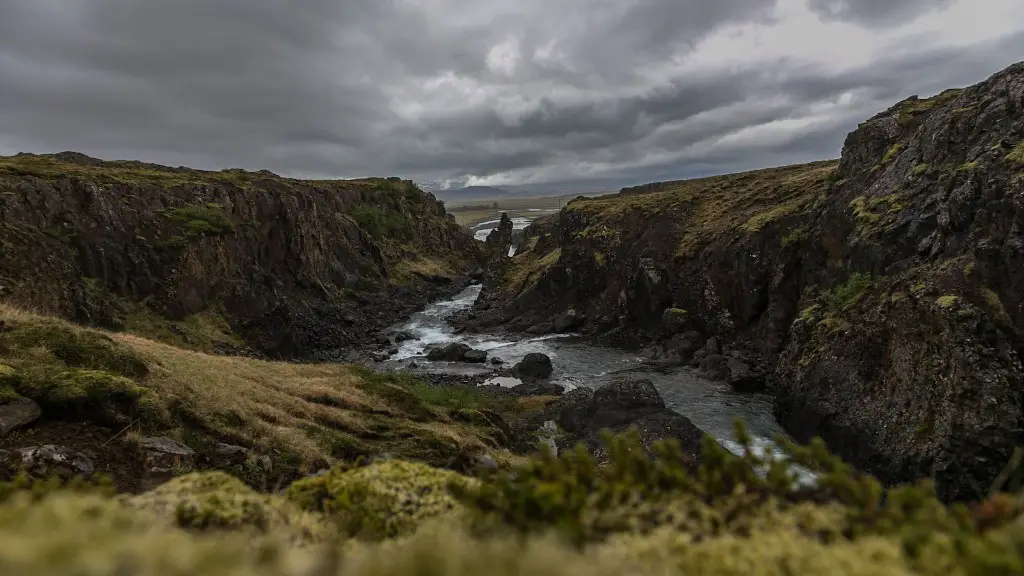In India, the Ganges River is considered sacred. Hindus bathe in the river as a way to cleanse themselves spiritually and physically. The river is also a source of drinking water for many people. Despite the river’s importance, it is very polluted.
There are several reasons why people still bathe in the Ganges River. The first reason is that the Ganges River is considered to be holy by many Hindus. Bathing in the river is seen as a way to purify oneself and to achieve moksha, or liberation from the cycle of rebirth. The second reason is that the Ganges River is seen as a way to connect with one’s ancestors. By bathe in the river, it is believed that one can connect with the spirits of their ancestors who are said to live in the Ganges. Finally, the Ganges River is simply a beautiful and serene place to bathe. The river is said to be very refreshing and the scenery is said to be breathtaking.
Do Indians still bathe in the Ganges?
The ancient city of Varanasi, regarded as the spiritual capital of India, pumps untreated sewage directly into the Ganges. Hindus visit the city every year to pray and wash away their sins by bathing in the sacred river. However, the river is so polluted that it is a health hazard to do so.
However, this ritual can expose people to high levels of faecal coliform bacteria, which can cause severe diarrhoeal infections, according to a new study.
The study, conducted by the Indian Institute of Technology (IIT) Roorkee, found that the water quality of Ganga does not meet the standards set by the World Health Organisation (WHO).
The study found that the faecal coliform levels in Ganga were higher than the permissible limit of 500 MPN (most probable number) per 100 ml in all the five sites tested – Haridwar, Kanpur, Allahabad, Varanasi and Patna.
The study highlights the need for better sanitation and hygiene practices in and around the river to prevent water-borne diseases.
Why might pilgrims continue to bathe in and drink water from the Ganges River even though it is polluted
The Ganges is a sacred river to Hindus and is considered to be a goddess. Many Hindus continue to bathe in or drink the Ganges regularly, confident in the healing powers of the divine river. They believe that nothing could compromise the purity of the Ganges, as she is able to cleanse herself of any impurities or pollution.
The belief that locals have built up an immunity to the river’s bacteria is a myth, according to Sue Lennox, chief executive of OzGreen. People who bathe in the river can still get sick.
How toxic is the Ganges River?
The Ganges river is one of the most polluted waterways in the world due to the amount of sewage that is emptied into it every day. Only about half of the sewage that is dumped into the river undergoes any kind of treatment, which means that the river’s waters are incredibly dirty. This is a major problem for the millions of people who rely on the Ganges for their drinking water, as well as for the countless animals and plants that call the river home.
Bacteriophages are viruses that infect bacteria. They are the most abundant biological entity on Earth, and are found in every ecosystem on the planet. In the late 1920s, bacteriophages were discovered in the Ganges River, and since then, they have been found in every river and lake on Earth.
Bacteriophages are beneficial to humans because they help to control the growth of harmful bacteria. When a bacteriophage infects a bacterium, it injected its genetic material into the bacterium’s cell. The bacterium then replicates the bacteriophage’s genetic material, and produces new bacteriophages. These new bacteriophages then go on to infect other bacteria, and the cycle continues.
Bacteriophages are thought to be responsible for the natural purification of water bodies. They help to keep the water free of harmful bacteria, and make it safe for humans to drink.
Can Ganga ever be cleaned?
The Ganges basin is being cleaned intensively which has resulted in improving the water quality to never-before standards. According to a report by ANI, the cleaning of the Ganga river is becoming a success story. The improved water quality is a result of the intensive cleaning efforts and is a boon for the people who rely on the river for their daily needs.
The excessive pollution in the Ganges has led to high levels of coliform bacteria. This is a serious health hazard and puts the river at risk of being unusable for agricultural or recreational purposes. immediate action is needed to address this issue.
Is water of Ganga drinkable
The water quality analysis report submitted by the State Pollution Control Board indicates that the water of river Ganga is not fit for drinking purpose but is fit for bathing purpose.
The river stinks because of the sewage and effluents that go untreated into it. This is especially worrisome because children play in the pools of the river. The tanneries that release these effluents should be closed in order to protect the people who bathe in the river.
Should you swim in the Ganges?
Hindus believe that water has the power to cleanse away sin. As a result, many Hindus will take a dip in even the dirtiest of waters, because they believe it to be holy. Hindus also practice sprinkling water on their heads as a way of seeking blessing and purification.
Ganga is a sacred river in Hinduism and it is believed that taking a dip in the river can cleanse one of their sins. However, this only applies if the Ganga is the Ganga of Self knowledge. Taking a dip in a regular river will not have the same effect.
Will the Ganges dry up
The paper argues that the flow of rivers will not be affected at all by glacial melt. The main reason for this is that almost all of the river flow is due to rain and snowmelt, which will continue even after the glaciers ultimately disappear. However, it is worth noting that this process will take several centuries to complete.
The Ganges absorbs more than a billion gallons of waste each day, three-quarters of it raw sewage and domestic waste and the rest industrial effluent. Indian governments have been trying to clean up the Ganges for thirty years, but the river is still one of the ten most polluted rivers in the world. There are a number of reasons why the Ganges remains so polluted, including the high population density along the river and the lack of adequate infrastructure to treat waste.
What is the cleanest river in the world?
The Thames River in London is one of the cleanest rivers in the world. The water is so clean that you can see the bottom of the river bed.
There are six species of river sharks found in the world, out of which the Ganges shark (Glyphis gangeticus) is endemic to India. It inhabits the River Hooghly in West Bengal, as well as the rivers Ganges, Brahmaputra, Mahanadi in the states of Bihar, Assam and Orissa.
These river sharks are heavily fished for their fins and meat, and their populations have declined drastically. Due to their slow reproductive rate, they are not able to recover from the population loss.
conservation efforts are required to protect these river sharks.
Are there alligators in the Ganges river
The river here is home to crocodiles and Gangetic dolphins, but numbers are not known. Though crocodiles are spotted in the river occasionally, it is arguably for the first time that one ventured into a human habitat, Tiwary said. Currents of the Ganga, which is in spate now, could have pushed the crocodile out.
It’s good to hear that the Namami Gange scheme is improving the condition of the river Ganga. Hopefully the river will continue to get cleaner and healthier as the scheme progresses.
Final Words
There are many reasons why people still bathe in the Ganges River. For some, it is a religious ritual that has been performed for centuries. Others believe that the river has healing powers and that bathing in it can cure illnesses. Still others simply enjoy the experience of taking a dip in one of the world’s most famous rivers. Whatever the reason, there are many people who continue to bathe in the Ganges River today.
Despite the high level of pollution in the Ganges River, people continue to bathe in it because it is seen as a holy body of water. The Ganges River is a central part of Hinduism and is believed to purify the soul, so people are willing to overlook the pollution in order to receive the religious benefits.
